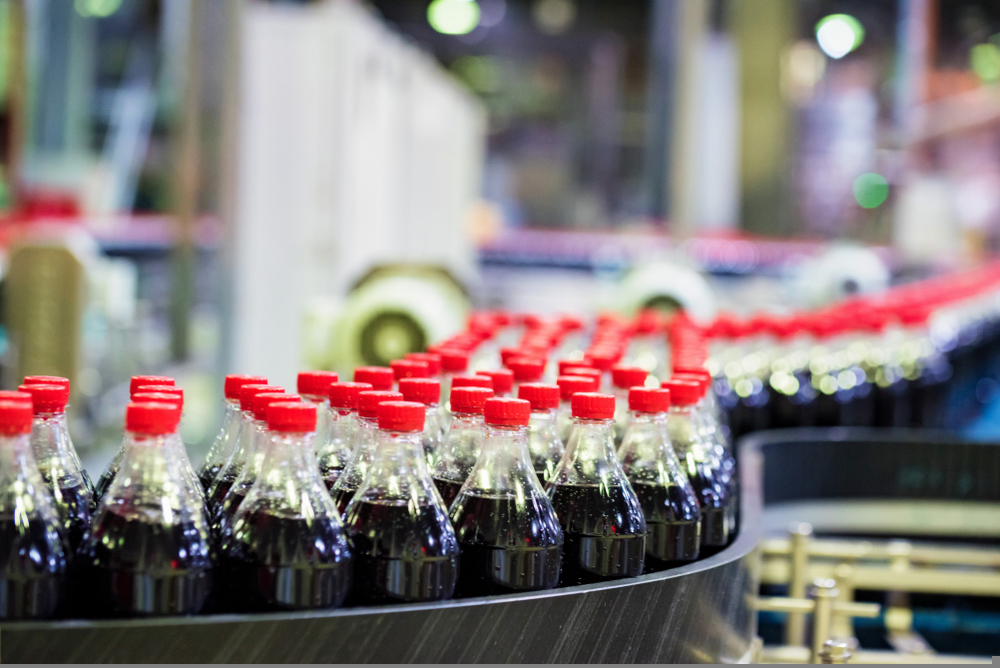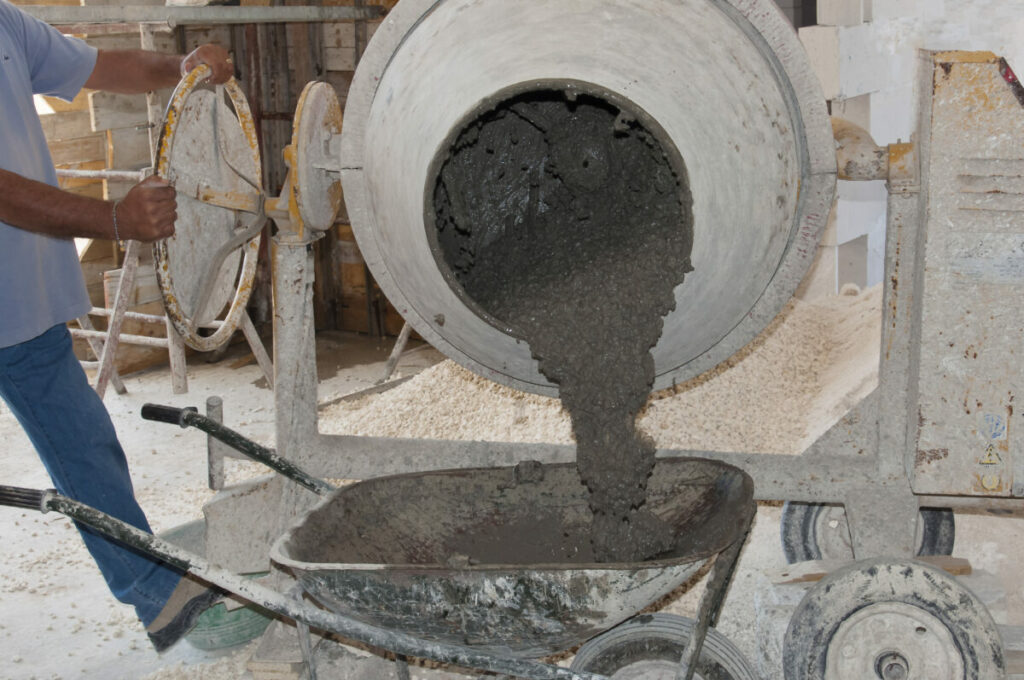The UK is in danger of becoming “the dirty man of Europe” unless it speeds up a cash incentive scheme to get more people to recycle bottles and cans, according to a boss at Coca-Cola’s bottling partner.
Julian Hunt, vice-president of Coca-Cola Europacific Partners, said: “My plea to policymakers, on behalf of the beverage sector, is we really can’t have the UK being the dirty man of Europe when it comes to this.
“It’s really time that the four governments come together and start to sort this out, irrespective of where we are in the electoral process.”
Hunt’s comments come amid ongoing delays to the UK government’s problematic Deposit Return Scheme (DRS), which has been temporarily “halted”. The project is currently expected to be delayed until 2028, ten years after it was first announced.
Work on the scheme – which will see consumers being able to claim back a 20p charge when they return bottles and cans for recycling – has all but stopped, according to recent reports.
Subscribe to Sustainability Beat for free
Sign up here to get the latest sustainability news sent straight to your inbox every day
Scores of DRS systems have been introduced around the world and more than two million drinks containers have been collected across the Republic of Ireland since it launched its scheme at the start of February this year.
“Our friends and colleagues in the Republic of Ireland were the 43rd country to launch a DRS in February this year,” Hunt said.
“It’s been a pretty darn successful launch built on pragmatism and collaboration.
“However, we still have a lack of clarity across Great Britain. We’ve still got concerns that we could end up with three different schemes. That is not just bad for business and bad for consumers but bad for the environment.”
Hunt’s call for the speeding up of a UK DRS echoes calls from the British Soft Drinks Association, Natural Source Water Association, and other environmental bodies, who in a letter to the government said “as governments across the globe plan and deliver deposit schemes, the UK must not fall behind”.
But retailers have expressed about new rules being pushed through too quickly.
Andrew Opie, director of food and sustainability at the British Retail Consortium (BRC), the industry body, said it was “essential that the government takes the time to get it right”.
He said: “To needlessly rush into a DRS would likely see consumers paying the price of the £1.8 billion-a-year scheme through higher prices, while failing to deliver upon the promise of improved recycling.
“Government needs to work with retailers and manufacturers to ensure the public gets a world-class recycling system that collects and processes as much recyclable material as possible.”
It has also been suggested that drinks makers want new rules in place ahead of a new Britain recycling scheme coming into force, amid concerns they could end up paying more fees.
The extended producer responsibility (EPR) legislation, designed so drinks makers will pay the full net costs of managing and recycling packaging waste arising from products they sell, is due to start in October 2025, after a 12-month delay to its launch.
“Drinks manufacturers are worried that if there is not a DRS implemented very soon then they could find themselves having to pay EPR fees too, which in the long run is more expensive,” a source told the Times.
A spokesman for the Department for Environment, Food and Rural Affairs said: “We are pushing ahead with our programme of reforms to reduce waste and improve our use of resources and remain committed to our goal of eliminating avoidable waste by 2050.
“It’s essential that we work closely with industry to make sure our reforms will be a success and we will continue to engage with businesses closely as we proceed with introducing the deposit return scheme.”















